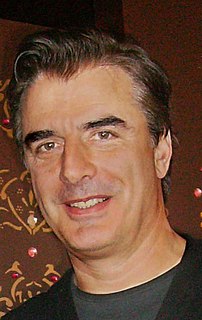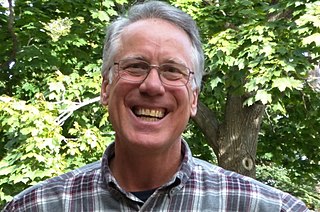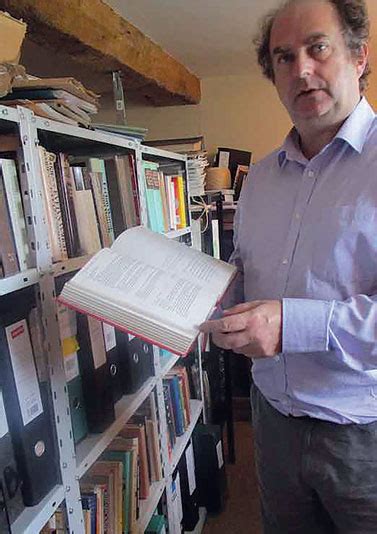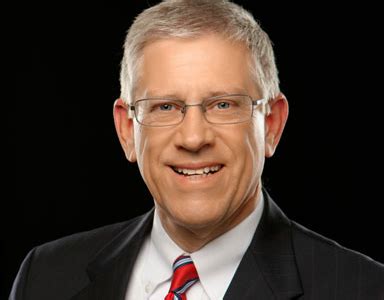A Quote by Seamus Heaney
My language and my sensibility are yearning to admit a kind of religious or transcendent dimension. But then there's the reality: there's no Heaven, no afterlife of the sort we were promised, and no personal God.
Related Quotes
For me, wellbehaved books with neat plots and worked-out endings seem somewhat quaint in the face of the largely incoherent reality of modern life; and then again fiction, at least as I write it and think of it, is a kind of religious meditation in which language is the final enlightenment, and it is language, in its beauty, its ambiguity and its shifting textures, that drives my work.
Few things are more important at this time in history than for religious people to listen to the New Atheists as if these unbelievers were speaking with God's voice, because they are! The word "God" used to be identified with reality - indeed, ultimate reality. In all cultures and at all times, the divine was no mere person, but was a personification of reality.
In affirming God to be supreme in all things, the classical theist describes him in a number of ways. He is perfect, loving, good, infinite, omnipotent, omniscient, eternal, timeless, transcendent, personal, immutable and immanent. But how can this be? Is it really possible to be both eternal and timeless? Immutable and immanent? Personal and at the same time transcendent?
Admit that the press transferred the pontificate of Rome to Henry VIII-Admit that the press demolished in some sort the feudal system, and set the serfs and villains free; admit that the press demolished the monasteries, nunneries, and religious houses; into whose hands did all these alienated baronies, monasteries, and religious houses and lands fall? Into the hands of the democracy? Into the hands of serfs and villains? Serfs and villains were the only real democracy in those time. No. They fell into the hands of other aristocrats. . . .
Mohammed knew that most people are terribly cowardly and stupid. That is why he promised two beautiful women to every courageous warrior who dies in battle. This is the kind of language a soldier understands. When he believes that he will be welcomed in this manner in the afterlife, he will be willing to give his life, he will be enthusiastic about going to battle and not fear death. You may call this primitive and you may laugh about it, but it is based on deeper wisdom. A religion must speak a man's language.
In the Old Testament, the God of the Prophets never was completely on Israel's side. There was a primitive national religion, but it was always a transcendent God who had judgment first in the House of God. This is the true religion. It has a sense of a transcendent majesty and a transcendent meaning so that that puts myself and the foe under the same judgment.
Reality (i.e., the truth) is that there is a God in heaven. Reality is that He made us and we are accountable to Him. Reality is that this God has spoken and what He says matters--eternally. Reality is that without His salvation, we are doomed to eternal torment. Reality is that God's Son, Jesus Christ, has died for the sins of the world, that He has risen again, and that whoever believes on Him is given eternal life.
[People] might have a different word for the yearning of the heart and the yearning of the spirit that is looking for what I call "God," it still is the same thing. It is the heart's yearning to know the origin of its mystery. It's a heart's yearning to know the power of the divine in each of our lives. It's a heart's yearning to be connected to that.
One time he was asked if he believed in an afterlife. After a moment's hesitation he said no, that he thought there was only "some kind of velvety cool blackness," adding then: "Of course, I admit I may be wrong. It is conceivable that I might well be reborn as a Chinese coolie. In such case I should lodge a protest."
The religious geniuses of all ages have been distinguished by this kind of religious feeling, which knows no dogma and no God conceived in man's image; so that there can be no church whose central teachings are based on it. Hence it is precisely among the heretics of every age that we find men who were filled with this highest kind of religious feeling and were in many cases regarded by their contemporaries as atheists, sometimes also as saints. Looked at in this light, men like Democritus, Francis of Assisi, and Spinoza are closely akin to one another.







































